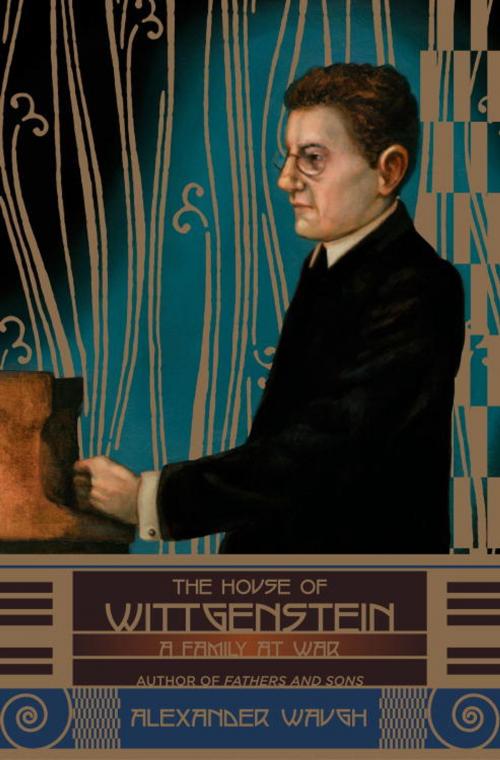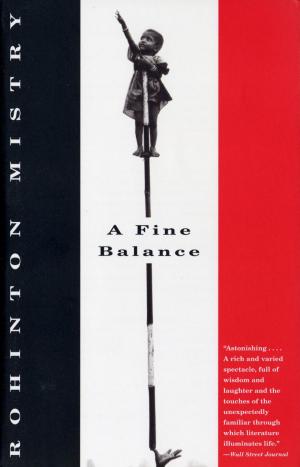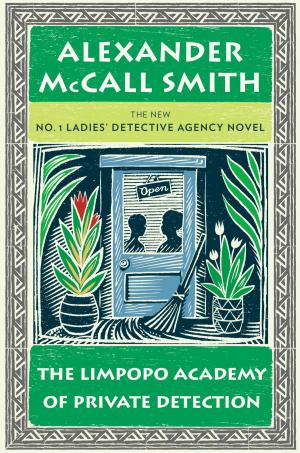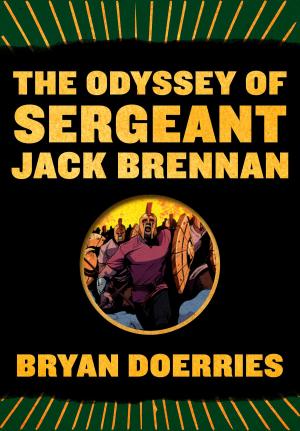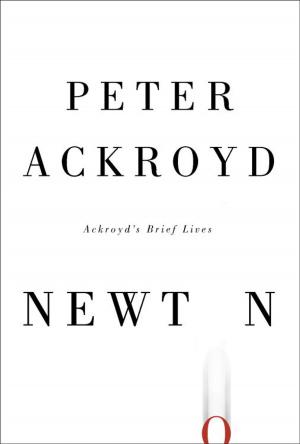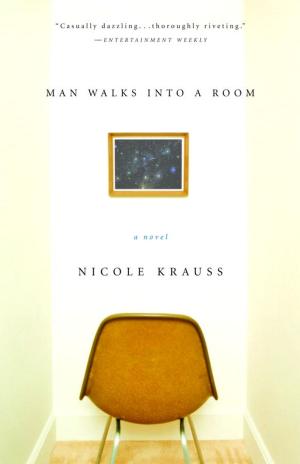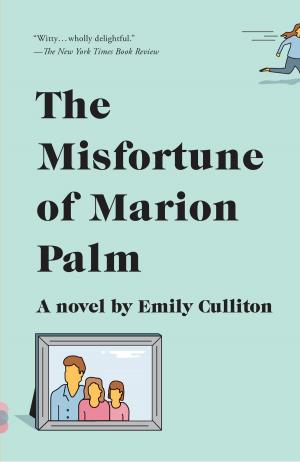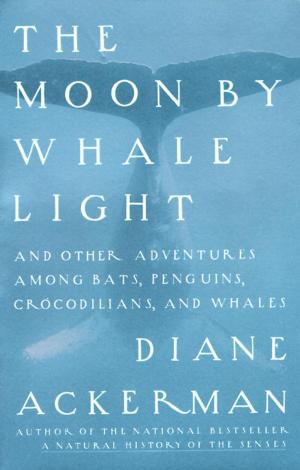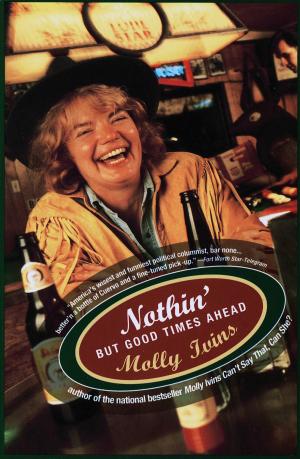The House of Wittgenstein
A Family at War
Nonfiction, History, Austria & Hungary, Family & Relationships, Family Relationships, Biography & Memoir, Historical| Author: | Alexander Waugh | ISBN: | 9780385526722 |
| Publisher: | Knopf Doubleday Publishing Group | Publication: | February 24, 2009 |
| Imprint: | Anchor | Language: | English |
| Author: | Alexander Waugh |
| ISBN: | 9780385526722 |
| Publisher: | Knopf Doubleday Publishing Group |
| Publication: | February 24, 2009 |
| Imprint: | Anchor |
| Language: | English |
The House of Wittgenstein is the grand saga of a brilliant and tragic Viennese family whose members included a famous philosopher and the world's greatest one-handed classical pianist.
The Wittgenstein family was one of the wealthiest, most talented, and most eccentric in European history, held together by a fanatical love of music yet torn apart by money, madness, conflicts of loyalty, and the upheaval of two world wars. Of the eight children, three committed suicide; Paul lost an arm in the war and yet stubbornly pursued a musical career; and Ludwig, the odd youngest son, is now regarded as one of the greatest philosophers of the twentieth century. Alexander Waugh, author of the acclaimed memoir Fathers and Sons and himself the offspring of a famous and eccentric family, tells their baroque tale with a novelistic richness to rival Thomas Mann’s Buddenbrooks.
The House of Wittgenstein is the grand saga of a brilliant and tragic Viennese family whose members included a famous philosopher and the world's greatest one-handed classical pianist.
The Wittgenstein family was one of the wealthiest, most talented, and most eccentric in European history, held together by a fanatical love of music yet torn apart by money, madness, conflicts of loyalty, and the upheaval of two world wars. Of the eight children, three committed suicide; Paul lost an arm in the war and yet stubbornly pursued a musical career; and Ludwig, the odd youngest son, is now regarded as one of the greatest philosophers of the twentieth century. Alexander Waugh, author of the acclaimed memoir Fathers and Sons and himself the offspring of a famous and eccentric family, tells their baroque tale with a novelistic richness to rival Thomas Mann’s Buddenbrooks.
